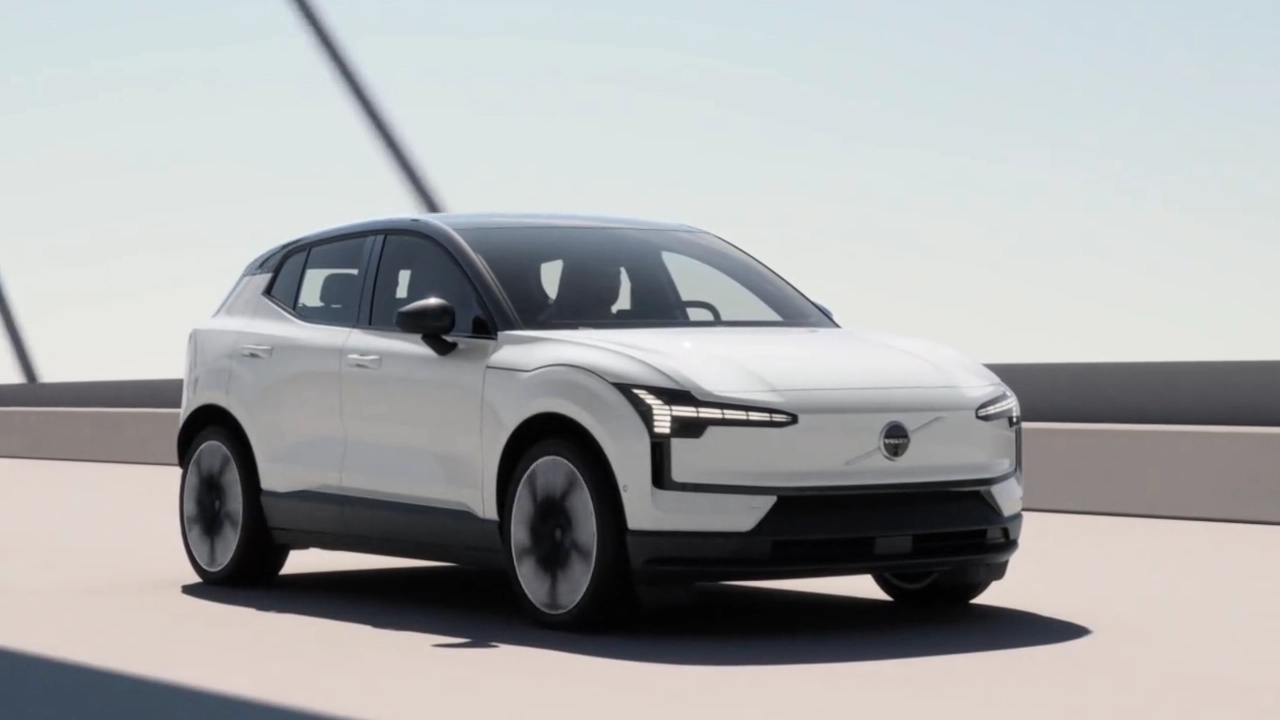The automotive industry is no stranger to disruptions, and the recent delay of Volvo’s EX30 electric SUV is a prime example of how geopolitical factors can significantly impact production and market strategies. Originally slated for a U.S. release in the summer of 2024, the EX30’s arrival has been postponed until 2025. This delay is primarily attributed to a substantial increase in tariffs on electric vehicles (EVs) imported from China. In this detailed article, we will explore the factors leading to this delay, the implications for Volvo and its customers, and the broader impact on the EV market.
The Promising Volvo EX30
Volvo’s EX30 was unveiled with much anticipation and excitement. The compact electric SUV was praised for its smart design, efficient powertrain, and a competitive starting price of $36,245. The EX30 promised to be a significant player in the EV market, offering a blend of affordability and advanced technology that could attract a broad range of consumers. However, the global automotive landscape is constantly evolving, and recent developments have forced Volvo to reassess its strategy.
The Tariff Hike
The primary reason for the delay is the U.S. government’s decision to increase the tariff on EVs imported from China to 100 percent. This drastic hike is part of broader trade tensions between the two countries, impacting not only the automotive industry but also various other sectors. Initially, Volvo had planned to navigate a 25 percent tariff, which was factored into the EX30’s pricing strategy. However, the sudden increase to 100 percent made it economically unfeasible to continue with the original plan.
From China to Belgium
In response to the new tariff regulations, Volvo has decided to shift the production of U.S.-bound EX30 units from its Zhangjiakou factory in China to its facility in Ghent, Belgium. This move is expected to delay the vehicle’s availability in the U.S. market until 2025. While the Ghent factory ramps up production, Volvo has assured customers with existing preorders that they will be offered alternative new Volvo models to drive in the interim.
Implications for Pricing
One of the critical concerns arising from this shift is the potential increase in the EX30’s price. Manufacturing in Belgium is likely to incur higher labor costs compared to China, which could be passed on to consumers. While Volvo has not confirmed any changes to the starting price of $36,245, it remains uncertain if this figure will hold once production transitions to Belgium. The affordability of the EX30 was one of its main selling points, and any price increase could affect its competitiveness in the market.
Impact on Customers and Preorders
Volvo has committed to maintaining transparency with its customers throughout this transition. Those who have preordered the EX30 will be given options to drive other new Volvo models until their vehicles are delivered. This gesture aims to retain customer loyalty and mitigate any dissatisfaction caused by the delay. However, the waiting period until 2025 may still pose a challenge for some customers eager to get their hands on the new electric SUV.
- Nearly 30% of UK Drivers Believe Car Tax Should Be Based on Mileage — Survey
- Why Planes and Boats Escaped the Luxury Tax But Cars Didn’t
- Australia’s Headlight Confusion: Authorities Warn Drivers After Viral $250 Headlight Rule Goes Wild Online
- 2025 Hyundai Venue Facelift Launched in India – Full Details, Variants, and Price
- Royal Enfield Bullet 650 Unveiled at EICMA 2025: A Classic Legend Returns
Broader Market Implications
The delay of the EX30 is not just a setback for Volvo but also reflects broader challenges in the EV market. The increased tariffs on Chinese-made EVs and lithium batteries (which have also seen a tariff increase from 7.5 to 25 percent) highlight the complexities of global trade policies and their impact on the automotive industry. For consumers, these developments could mean higher prices and longer wait times for EVs, potentially slowing the adoption rate of electric vehicles.
Future Outlook
As the global automotive landscape continues to evolve, manufacturers like Volvo must navigate a myriad of challenges. The EX30’s delay serves as a reminder of the delicate balance between production costs, geopolitical factors, and consumer demand. Moving forward, it will be crucial for Volvo to effectively manage its supply chain, production logistics, and customer expectations to ensure the successful launch of the EX30 in 2025.
In the meantime, industry observers and consumers alike will be watching closely for further updates from Volvo. The company has indicated that more information about the EX30’s status and pricing will be available next year, providing much-needed clarity for those invested in the future of this promising electric SUV.
Conclusion
The delay of the Volvo EX30’s U.S. arrival underscores the intricate interplay between global trade policies and the automotive industry. While the increased tariffs have posed significant challenges, Volvo’s proactive steps to shift production to Belgium demonstrate its commitment to delivering the EX30 to the U.S. market. As we look ahead to 2025, the success of the EX30 will depend on how well Volvo can navigate these challenges and meet the expectations of its customers. This situation serves as a valuable case study for other automakers facing similar geopolitical and economic pressures.

